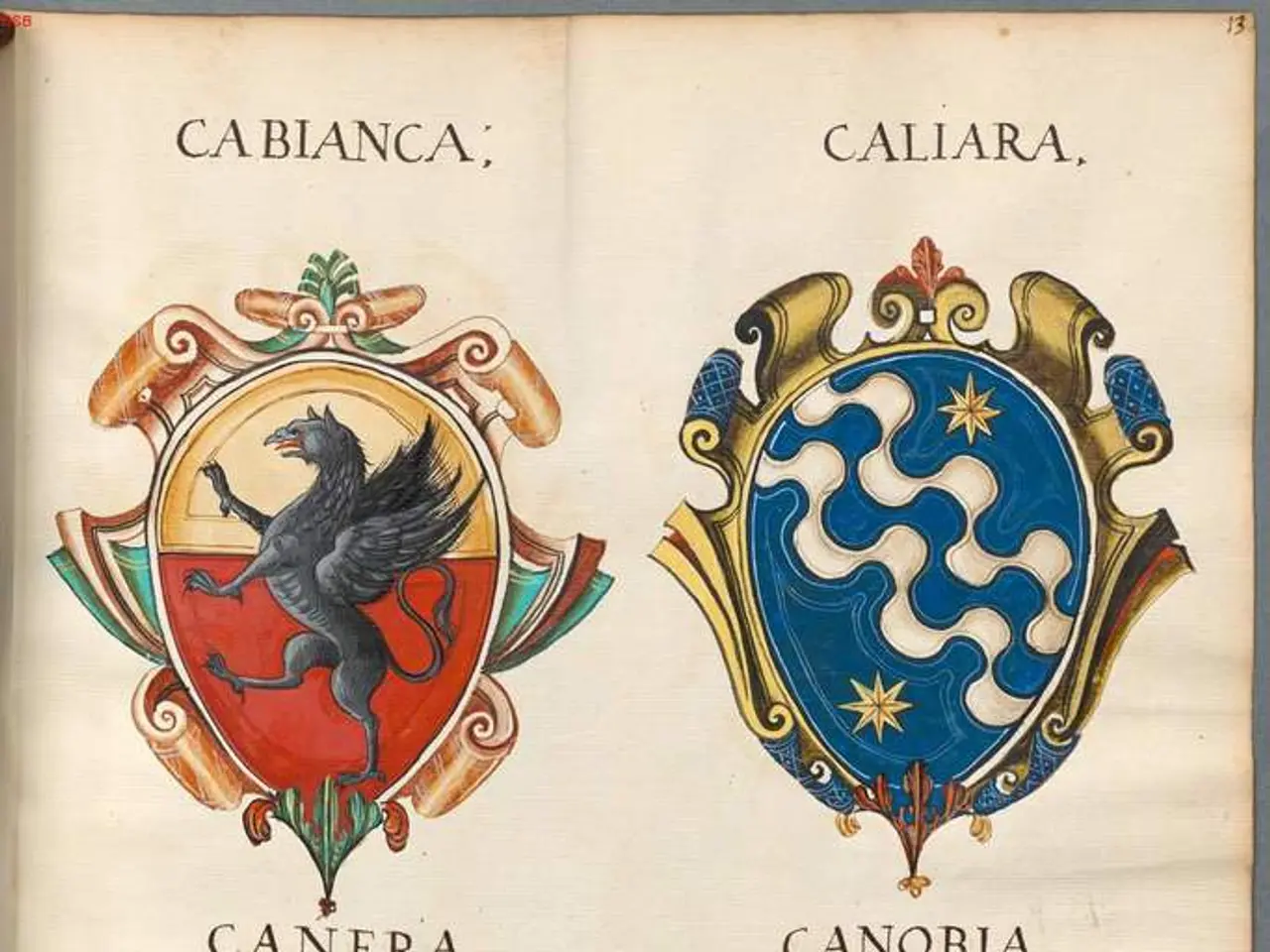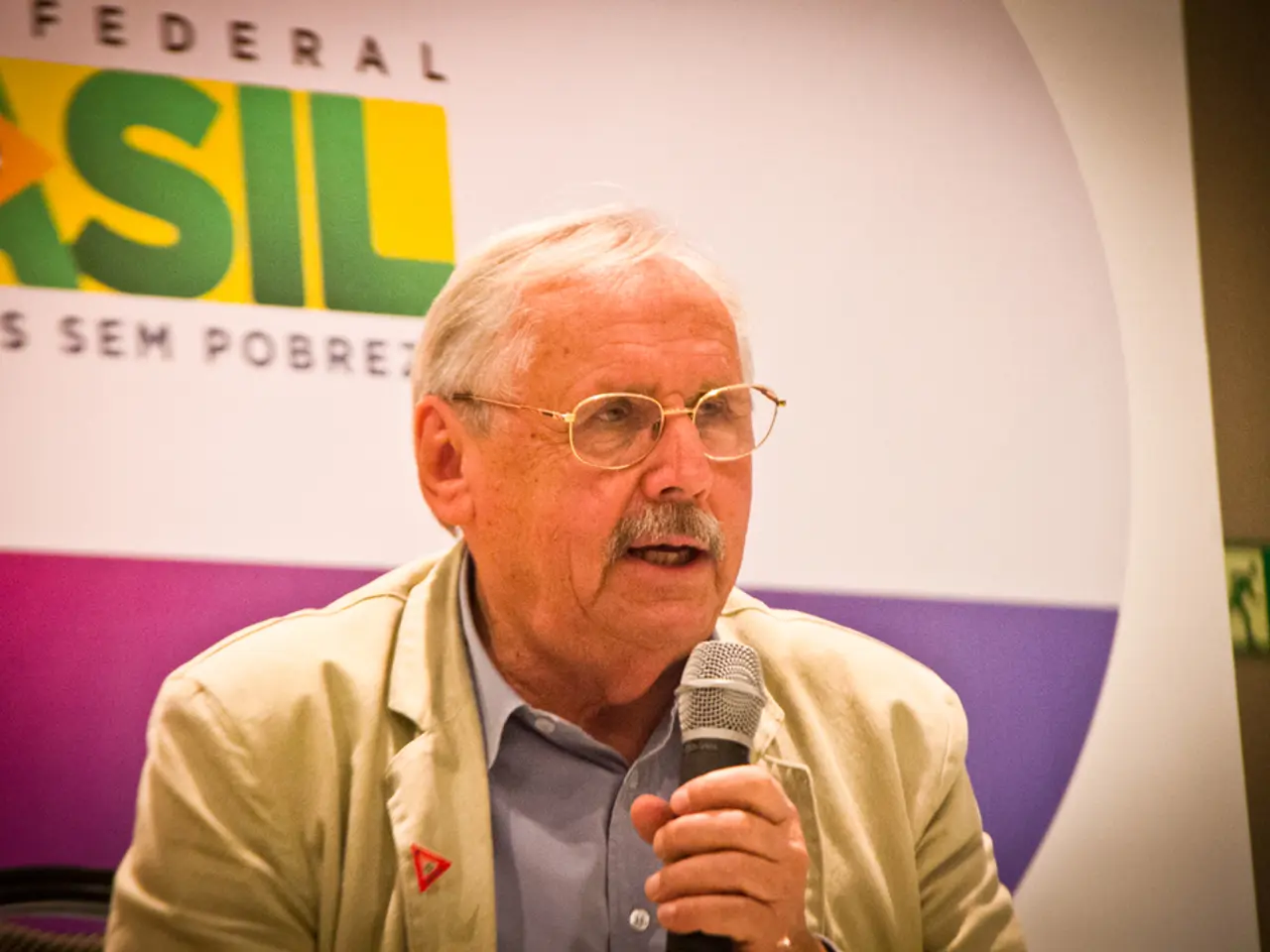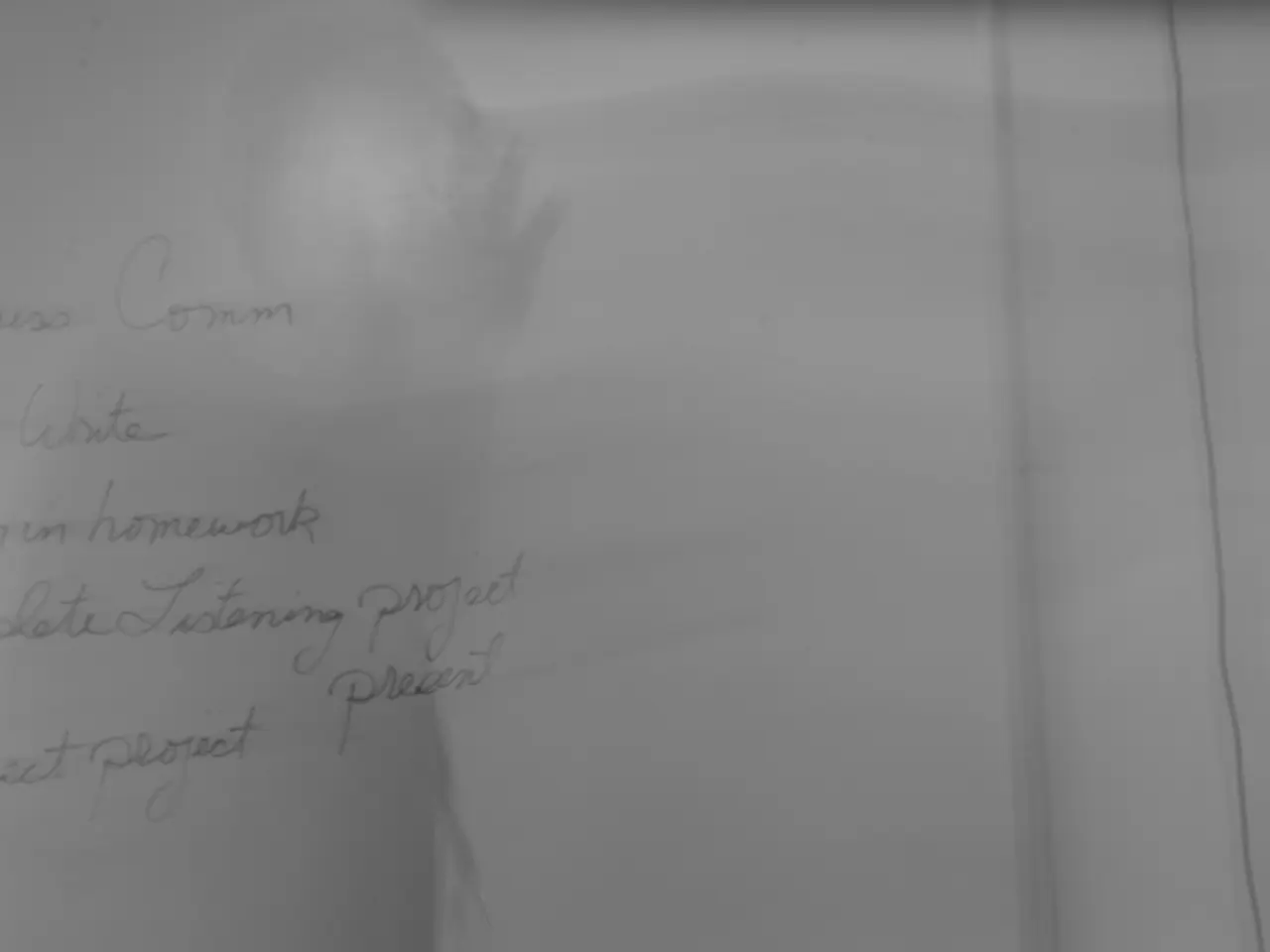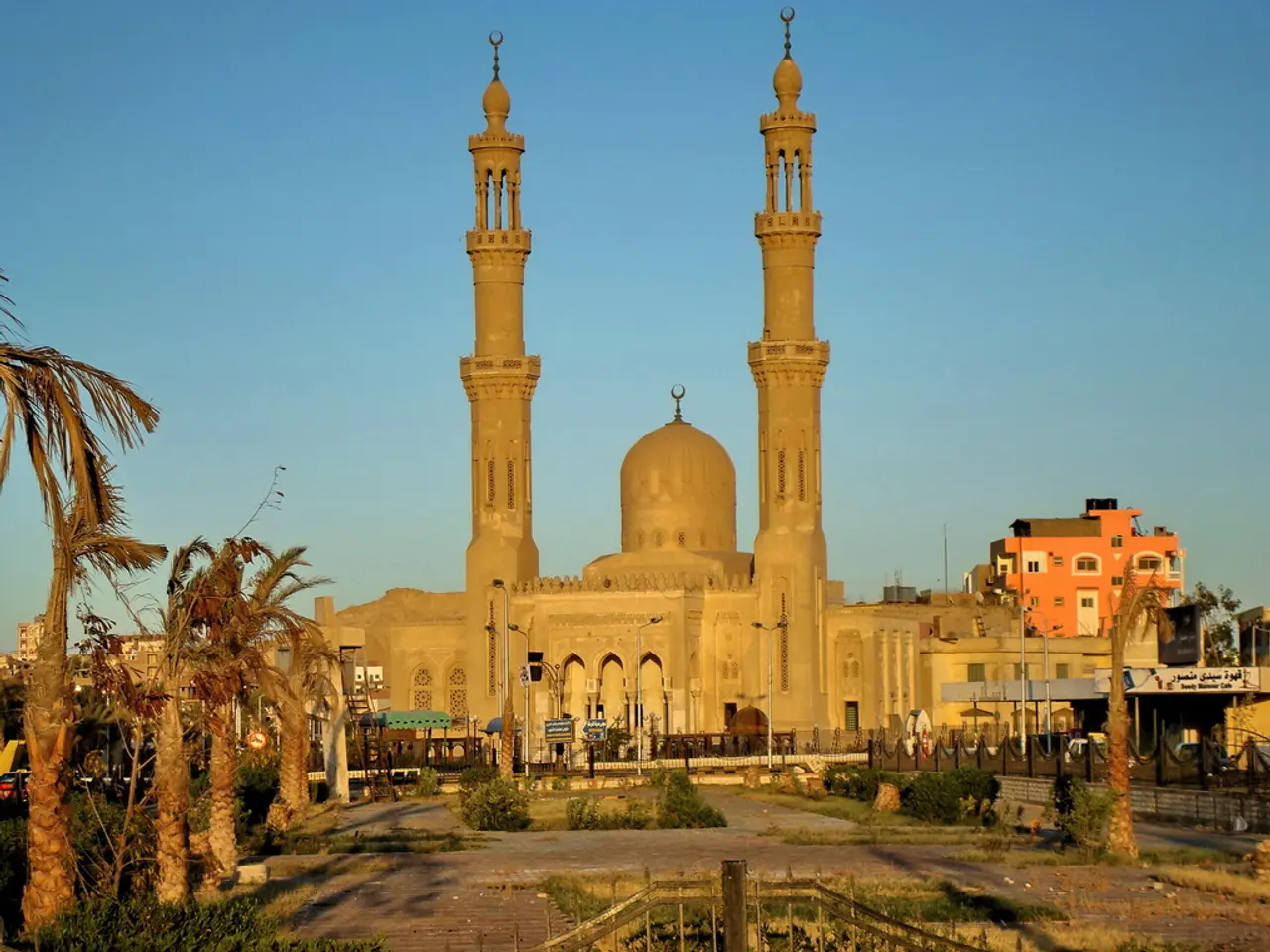Exploring the Legacy of James Baldwin: A Fresh Look
James Baldwin's Escape to Istanbul: A Creative Renewal
James Baldwin, the renowned author and civil rights activist, found a sanctuary in Istanbul during the 1960s. At the age of 24, Baldwin bought a one-way ticket to Paris, but it was Istanbul that became his escape from the "American lie." Eddie S. Glaude Jr. described Istanbul as a place that afforded Baldwin the space to breathe and live apart from societal demands [1].
Baldwin arrived in Istanbul unannounced in October 1961. He lived there intermittently between 1961 and 1971, and during this period, he overcame writer's block and completed major works such as Another Country quickly while engaging deeply with the local artistic community and everyday life in Istanbul [2][3].
Another Country, a novel centered around interracial and extramarital relations, was finished by Baldwin in Istanbul. This groundbreaking work pioneered the exploration of race relations through love and marriage, with complex relationships that represent a microcosm of the racial power struggle and the violence that came with it [5].
Though The Fire Next Time (published 1963) was written around the time he first arrived in Istanbul, the city served as a crucial refuge that influenced his ongoing work and worldview. Baldwin's time in Istanbul provided both physical and psychological space that nurtured his productivity and exploration of themes of race, identity, and exile, enriching his literature during this pivotal phase of his career [3][4].
Baldwin's most "American" works were written during his time abroad in Istanbul. The Fire Next Time is a collection of essays in which Baldwin pleads and demands a more hopeful, integrated future and displays a rare kind of understanding for his oppressors [6]. He also wrote "No Name in the Street" during his time in Istanbul, a work that reflects on civil rights struggles and personal experiences that Istanbul helped Baldwin process and articulate [3][4].
In addition to his literary achievements, Baldwin dared to write, think, and live openly, both as an activist and stylist of the Black identity. He worked as a preacher at the Fireside Pentecostal Assembly during his high school years, but his journey led him to challenge societal norms and confront issues of race, sexuality, and identity [7].
Baldwin's friend Engin Cezzar hosted a party for him upon his arrival in Istanbul. Throughout his life, France, Istanbul, and other homes abroad served as a refuge for Baldwin from the subject matters of his books and criticism from America.
Baldwin published his final work, The Price of the Ticket, an anthology of autobiographical writings, in 1985. Tragically, Baldwin passed away in his home in Saint Paul de Vence in 1987 after a long battle with stomach cancer [8].
In recent years, Giovanni's Room, a novel often described as a "tormented love affair," has gained recognition as one of Baldwin's most important works. Santiago Eastman Herrera wrote a 2023 review, stating that Giovanni's Room is a personal triumph for Baldwin, demonstrating his ability to think beyond his station and focus on the tragedy of a love not pursued [9]. Mario Puzo argued that Baldwin's greatest weakness as a novelist is his selection or creation of incident, but praised his essays for their eloquence and insight [10].
Despite the challenges Baldwin faced in America, his time in Istanbul was both a sanctuary and a creative catalyst that shaped his development between The Fire Next Time and No Name in the Street, allowing him to recover from personal and societal pressures and to deepen his literary voice [2][3][4].
References:
- Glaude, Eddie S. Jr. (2019). Begin Again: James Baldwin's America and Its Urgent Lessons for Our Own. Riverhead Books.
- Gates, Henry Louis Jr. (2018). The Life of Frederick Douglass. Penguin Classics.
- Baldwin, James (2019). The Cross of Redemption: Uncollected Writings. Library of America.
- Baldwin, James (1998). The Price of the Ticket: Collected Nonfiction, 1948-1985. St. Martin's Press.
- Baldwin, James (1962). Another Country. Vintage International.
- Baldwin, James (1963). The Fire Next Time. Vintage International.
- Baldwin, James (1956). Notes of a Native Son. Vintage International.
- Baldwin, James (1979). Just Above My Head. Vintage International.
- Herrera, Santiago Eastman (2023). "Giovanni's Room: A Personal Triumph for James Baldwin." The New York Review of Books.
- Puzo, Mario (1967). "James Baldwin and the Novel of Protest." The New Republic.
The renewal of James Baldwin's creativity in Istanbul extended beyond literature, as he also engaged deeply with the local culture and artistic community. Istanbul served not only as a sanctuary for Baldwin's literary pursuits but also as a spotlight for the exploration of themes such as race, identity, and exile in his books. Baldwin's time in Istanbul significantly impacted the entertainment world, with his groundbreaking works like Another Country and The Fire Next Time raising prominent questions about race relations and societal norms in both America and abroad.








